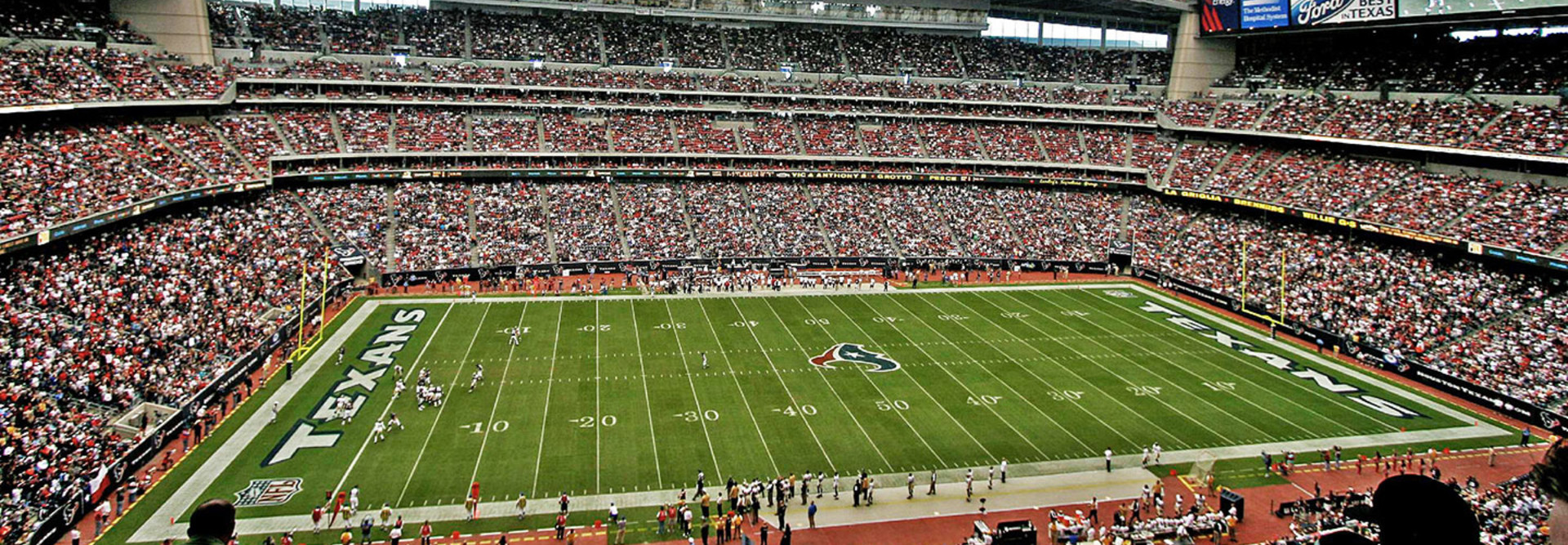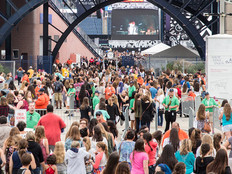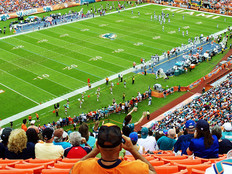Sports Venues Work to Balance Security and the Fan Experience
Fans may not be crazy about going through metal detectors or having their bags checked to get into a sporting event, but these activities have become a requirement for venues.
“Security has become an essential part of the fan experience, so it’s important to pay attention to it,” said Ray Whitworth, vice president of operations and security for Major League Soccer.
Speaking as part of a panel on stadium security at the 2016 AXS Sports Facilities and Ticketing Symposium in Minneapolis, Whitworth conceded that fans may not always enjoy dealing with the necessary security measures that teams take, but those who experience a security problem at a game are likely to have “a really bad fan experience.”
To deal with threats ranging from drunk and disorderly fans to terrorist attacks, teams need to balance the fan experience with the need for security, panelists said. Several policies and technologies can help teams keep fans safe without being unacceptably intrusive or inconvenient.
Take Practical Steps to Ensure Security
In previous decades, teams may not have taken as aggressive an approach toward security as they do today because security doesn’t bring in money from fans. However, the threat of terrorism and other major security concerns certainly have teams’ attention now.
“While security isn’t a revenue driver, it is a revenue protector,” said panelist Jeff Miller, a senior vice president with MSA Security and a former chief security officer for the NFL.
Miller advocated three key steps to venue security:
- Implement a clear bag policy: The NFL established a policy that permitted fans to bring into NFL stadiums only small clear plastic tote bags, 1-gallon plastic freezer bags or very small clutches.
- Deploy metal detector screening: Miller recommended walk-through machines but noted that some teams use handheld metal detectors.
- Assign armed police at every gate that accepts fans: Having trained, uniformed law enforcement officers at points of entry creates a deterrent effect and offers a defense against active shooter incidents.
Miller noted that the NFL’s clear bag policy initially was met with some resistance, but that fans quickly came to accept it and appreciate the security improvements it brings.
In addition to these steps, Miller also recommended that teams establish a fan conduct policy that allows them to deal with unruly fans quickly and efficiently. By minimizing the time and resources needed to deal with such problems, security staff can focusing on more serious threats.
As they implement security strategies, teams must be aware that they may create unintended consequences and be ready to deal with these results, warned Patrick Talty, general manager of U.S. Bank Stadium.
Invest in Security Technology
Teams also must be willing to spend on effective security measures. In addition to training and personnel, many teams make significant investments in technology. Talty said U.S. Bank Stadium established a unified command center with a variety of technologies to help the Minnesota Vikings keep an eye on numerous security risk factors.
Ed O’Brien, head of sports business development and partnerships at security firm CLEAR, said teams can mitigate the inconvenience of security screening by allowing some fans to enroll in a prescreening system. Such a system allows prescreened fans to enter venues more quickly and reduces the burden on screeners handling the general fan population.
Before technologies can be successful, however, teams must make sure that their security policies account for key vulnerabilities. For example, the MLS’s Whitworth warned that some teams allow all-area access to personnel who have no need to go into certain areas of a stadium. Teams also are lax in reclaiming access credentials from personnel who no longer should have them, such as contractors whose work is completed at a venue.
“Technology is a great contributor to what we do, but it doesn’t do any good if the back door is open,” Whitworth said.
To learn more about stadium security and technologies to support it, read “Stadiums Need Physical and Digital Security to Keep Players and Fans Safe.”









